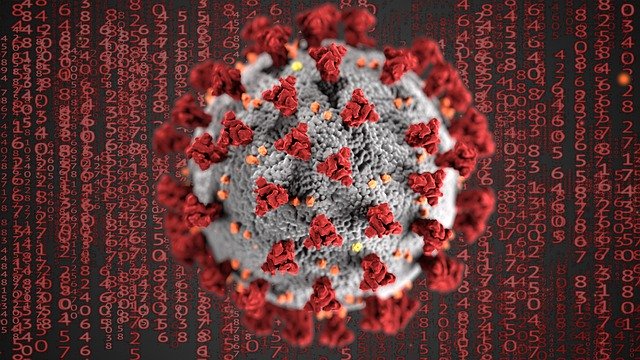A group of Russian scientists has proposed treating seriously ill patients with SARS-CoV-2 coronavirus infection in the same way that certain cases of poisoning are treated.
According to experts from the Dzhanelidze Research Institute of Emergency Medicine in St. Petersburg, COVID-19 can be treated in a similar way to hemotoxin poisoning, substances that destroy red blood cells.
A hypothesis previously proposed by Chinese scientists suggests that the coronavirus has a hemotoxic effect. According to his theory, the virus affects the cells of the immune system in a way that displaces Iron Atoms from the haemoglobin molecules, the report explained. These free iron atoms enter the bloodstream, leading to damage to the blood vessel walls and initiation of clots. This process leads to multiple organ damage.
Similar pathological processes can be observed in patients with acute intoxication with hemolytic poisons, which cause the destruction of erythrocytes cells that carry oxygen, which also causes free iron to enter the blood.
An excess of free iron leads to a decrease in the flow of oxygen in the tissues, something that is also observed in patients with COVID-19 in critical condition. Therefore, scientists at the St. Petersburg Research Institute suggest that it is possible to treat this disease as if it were a poisoning with hemotoxins.
Non-study experts, consulted by Izvestia, believe that therapy to cleanse the body of free iron can be included in the set of measures to treat COVID-19 patients. It cannot, however, be used as a separate treatment.
On the other hand, since the World Health Organization predicts an increase in mortality from the coronavirus pandemic, any method that can save patients’ lives must be studied and tested, experts say.
